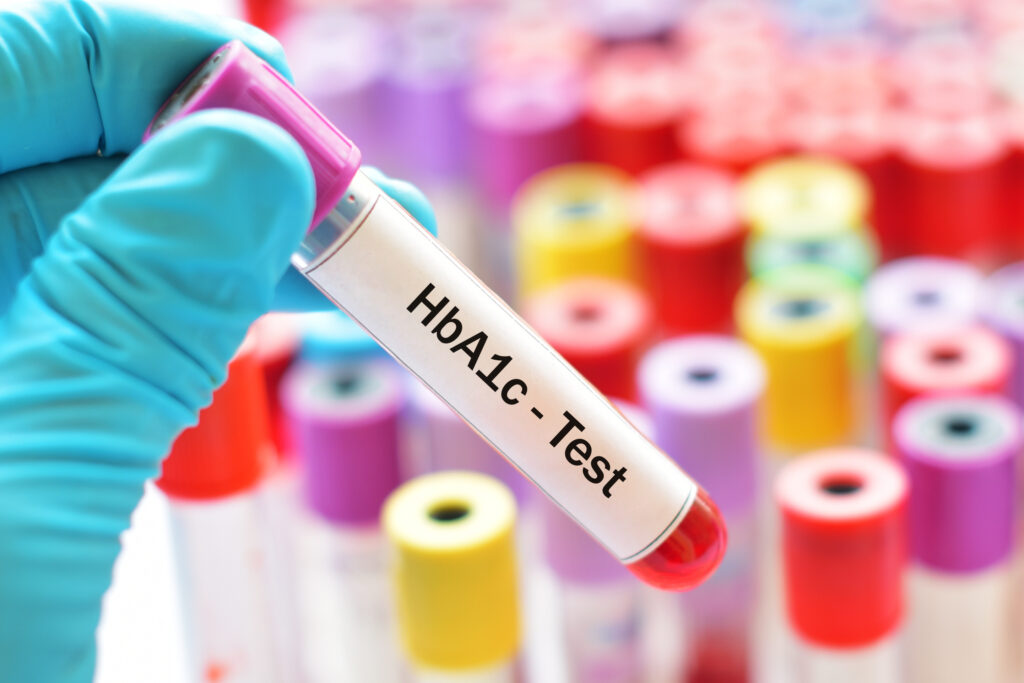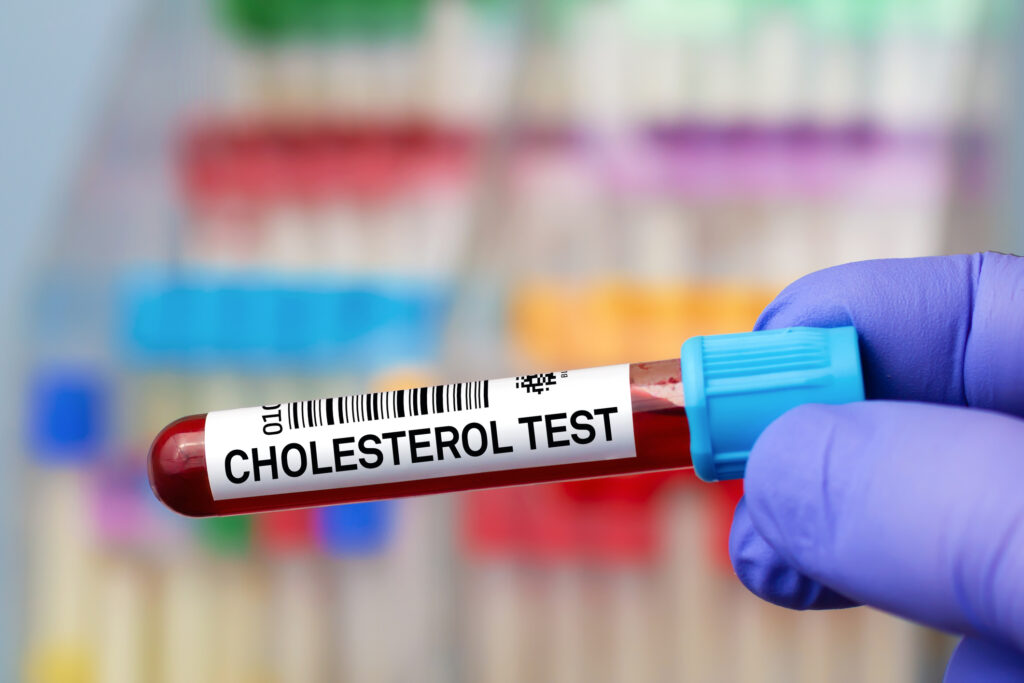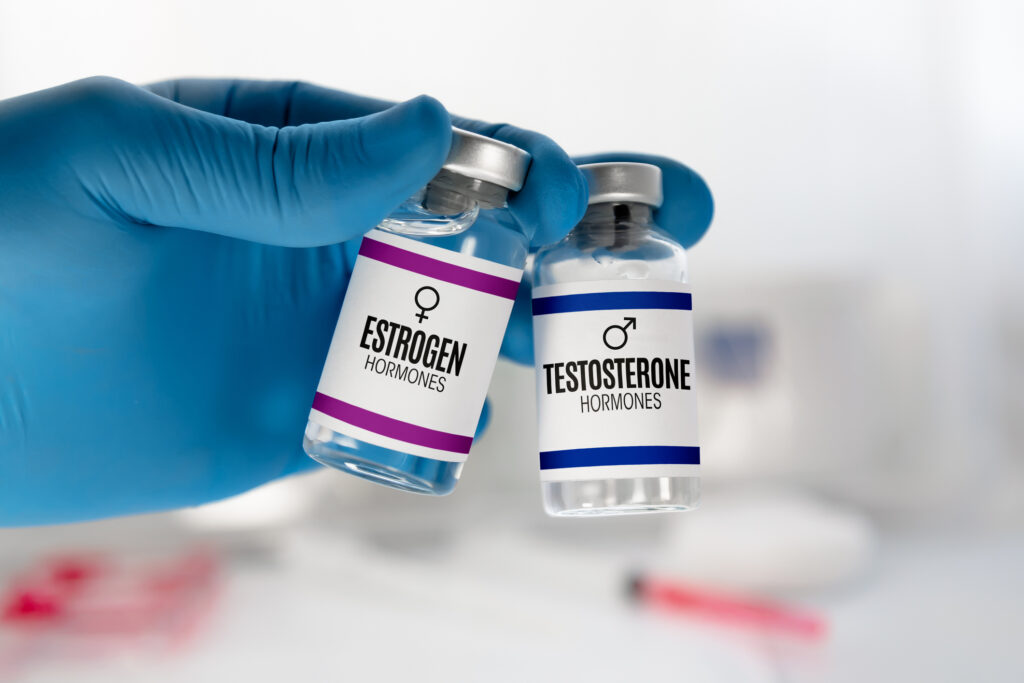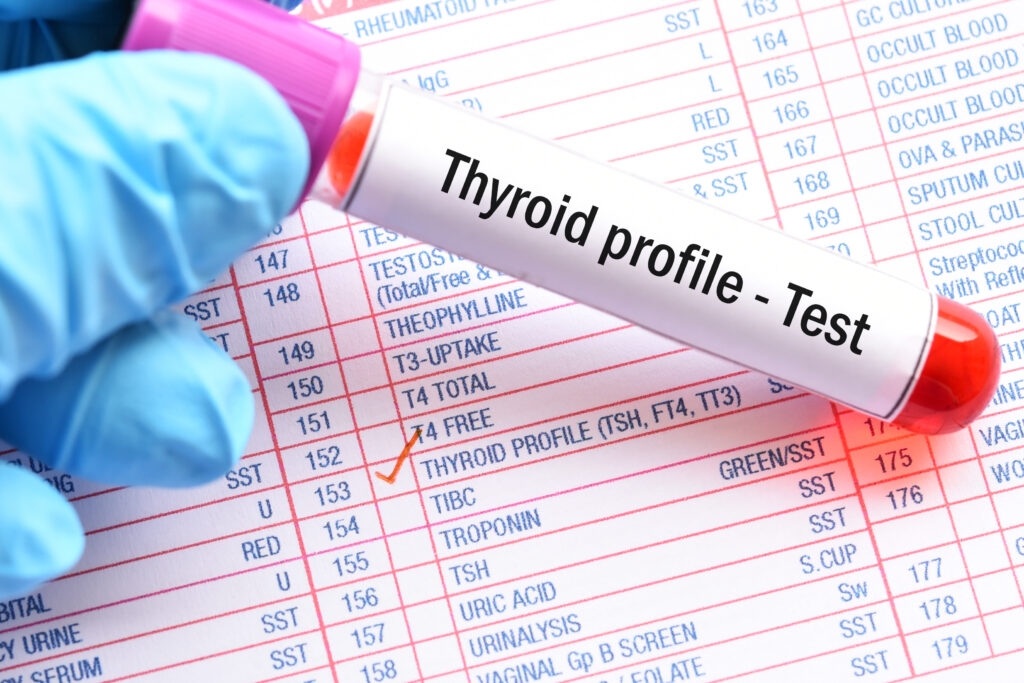Women’s Health Over 50: Top 4 Labs You Need


Women’s health is a complex topic, especially as you age. A crucial area of focus for overall health and preventing chronic diseases is your nutritional status. If you are a woman over the age of 50, or you have someone in your life who is, it is important to stay up to date on labs that help indicate your health and nutrition status.
As women age, the body experiences significant changes, including hormonal shifts, leading to a higher risk for chronic health issues. Consistently monitoring certain labs can offer insights into your health and guide you to prevent nutritional imbalances and age gracefully. Here at FoodTrients® we wanted to provide some details on the key nutrition-related lab tests that women over 50 should consider monitoring:
 1. A1c (Glycated Hemoglobin)
1. A1c (Glycated Hemoglobin)
The A1c test reflects the average blood sugar levels over the past three months, indicating the risk of pre-diabetes, diabetes, or the management of existing diabetes. Here’s what it means:
- Normal: Below 5.7%
- Prediabetes: 5.7% to 6.4%
- Diabetes: 6.5% or higher
Regular monitoring (yearly for most!) can help keep track of blood sugar levels and adjust treatments or dietary changes as necessary. Limiting your intake of added sugar including sugary beverages and desserts and switching to a diet rich in fiber, vegetables and fruits, and lean protein (salmon, chicken, beans, tofu) can help improve your blood sugar levels. Aim to keep your added sugar intake less than 6 teaspoons or 25 grams per day and aim for 28 grams of fiber from fruits, veggies, beans, lentils, nuts, seeds, and whole grains.
 2. Cholesterol and Triglycerides
2. Cholesterol and Triglycerides
Cholesterol and triglycerides are types of fats in the blood that are crucial for the body’s functioning but can pose health risks when levels are out of range. Here’s what they mean:
- Total cholesterol:
○ Normal: <200 mg/dL
○ Elevated: >200-239 mg/dL
- DL (Bad) cholesterol:
○ Normal: <100-129 mg/dL
○ Elevated: >130 mg/dL
- HDL (Good) cholesterol:
○ Low: <40 mg/dL
○ Elevated: >60 mg/dL
- Triglycerides:
○ Normal: <150 mg/dL
○ Elevated: >150
Maintaining optimal levels of cholesterol and triglycerides is crucial for heart health and reducing the risk of cardiovascular diseases. Consuming more foods rich in omega 3s can support heart health and reduce inflammation. Incorporate fatty fish like salmon, anchovies, trout, and sardines, flaxseeds, chia seeds, and walnuts for a boost of heart healthy fats.
 3. Estradiol, FSH, and LH
3. Estradiol, FSH, and LH
These reproductive hormones play vital roles in menstrual cycles and overall reproductive health. You can expect big shifts and changes with perimenopause and menopause. Here’s what they mean:
- Estradiol: an estrogenic hormone secreted by the ovaries. Normal levels vary widely depending on the menstrual cycle phase, ranging from 30 to 400 pg/mL or 0-30 pg/mL If you’re postmenopausal.
- FSH (Follicle-Stimulating Hormone) and LH (Luteinizing Hormone): FSH and LH are secreted by the pituitary gland and play a role ovary function. Normal levels vary throughout the menstrual cycle. FSH levels are typically 1.5 to 12.4 mIU/mL in the follicular phase and higher post menopause. LH levels in the follicular phase are about 1.9 to 12.5 mIU/mL, with a surge leading to ovulation.
Abnormal levels of these hormones can indicate various conditions, including menopause, polycystic ovary syndrome (PCOS), or fertility issues. Following an anti-inflammatory diet rich in a variety of vegetables and fruit, healthy fats, whole grains, and lean protein can help you navigate challenges you face with your hormones.
 4. Thyroid Function Tests
4. Thyroid Function Tests
Thyroid tests assess the function of the thyroid gland, which regulates metabolism, energy, and mood.
- TSH (Thyroid-Stimulating Hormone): Normal range is approximately 0.4 to 4.0 mIU/L. Higher levels may indicate hypothyroidism, while lower levels could suggest hyperthyroidism.
- Free T4: The normal range is about 0.9 to 2.3 ng/dL. Deviations may indicate overactive or underactive thyroid function.
Selenium and iodine have been found to improve thyroid health. Foods rich in selenium include Brazil nuts, fish, eggs, sunflower seeds, mushrooms, chicken, pork, and beef. Foods rich in iodine include seaweed, cod, dairy, iodized salt, and shrimp.
Understanding these lab tests and their results should empower women to take proactive steps toward maintaining and improving their health. Regular check-ups and discussions with healthcare providers about these tests can offer early detection and prevention strategies, tailoring interventions to individual health needs. Be sure to take this list to your doctor next time you’re due for a blood draw and be sure to have an in-depth conversation with your provider about what they mean for your health.